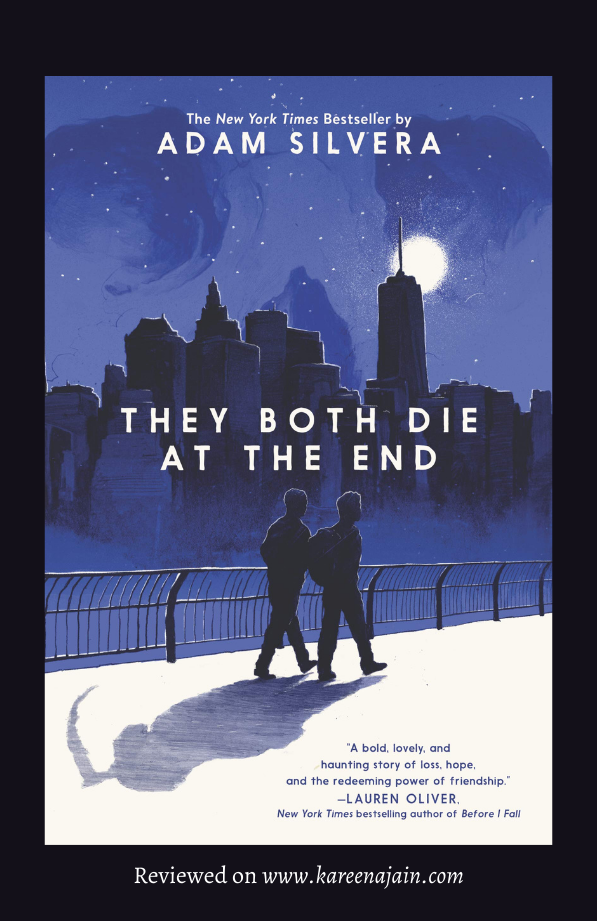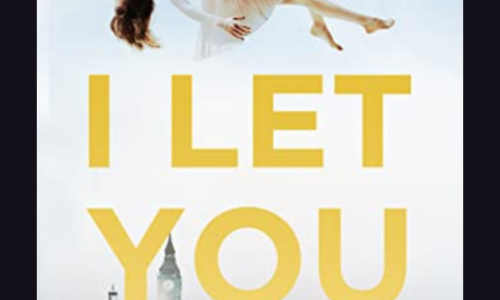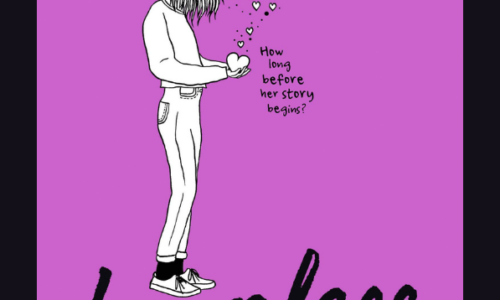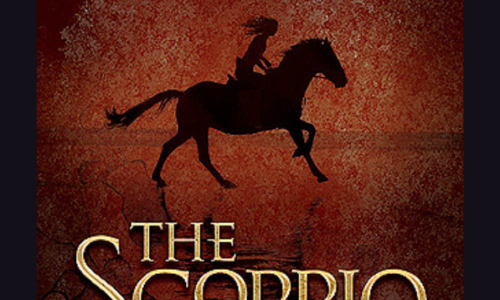“I cannot tell you how you will survive without me. I cannot tell you how to mourn me. I cannot convince you to not feel guilty if you forget the anniversary of my death, or if you realize days or weeks or months have gone by without thinking about me. I just want you to live.”
They Both Die at the End by Adam Silvera is a soulful story taking place in a dystopian society. Here, citizens will be called 24 hours prior to their determined death time by a company called Death-Cast, which first became popular seven years ago and is able to correctly calculate individuals’ deaths. People who receive their call are known as Deckers, and multiple services are available to them: clubs for Deckers to party in the last moments of their lives, centres where Deckers can virtually tour the world and partake in dangerous activities with no fear, and Last Friend, an app that was developed to help Deckers find other Deckers to spend their End Day with. Just after midnight on September 5, 18-year-old Mateo Torrez receives the call that informs him that his End Day has begun. With his father in a coma and no other family, Mateo initially decides to spend his End Day in his apartment, but resolves to enjoy his last 24 hours, downloading Last Friend to find someone to spend the day with. Rufus Emeterio is 17 years old and an orphan; his parents and sister had died in a car crash years earlier. While he does have close bonds with a group of kids from the same orphanage as him, he’s currently on the run from the authorities since he beat up his ex-girlfriend’s new boyfriend, who did not take kindly to Rufus’ nerve. The two boys connect through the Last Friend app, which sparks a rollercoaster of a day. Mateo and Rufus are complete opposites, but as they travel together and talk about nothing and everything, they become impossibly close, regardless of the fact that they’re going to die at the end. With short single- or multi-chapter interludes about other characters, the influence of Death-Cast is fully explored in this new world, and you get to examine the oft-asked question: what would you do if you had 24 hours left to live?
“You don’t need matching DNA for someone to be your brother. And you definitely don’t need the same blood to lose a part of yourself when someone dies.”
Silvera showcases a brilliant understanding of the human psyche through this novel. While following Mateo and Rufus on their End Day, you learn a little bit about all the wonders life has to offer, and the many different ways it can punch you in the face and leave you with a gut-wrenching grief. The prose is blunt and direct; Silvera doesn’t mince his words, as evident by the opening of the novel with the revelation that both the main characters will die at the end. Regardless of this situation, the two boys manage to find each other, and are caught up in a whirlwind of emotion – pain, regret, and disappointment blending together to form a tentative joy as Mateo and Rufus comfort their friends, face their fears, and find solace in their quiet companionship, complete with the understanding that they only have this time left. You are shown this new world in vivid detail, even getting to learn how Death-Cast affects others and the choices they decided to make after the emergence of this company and in their own End Days. Everyone has a different reaction to their last day, and as you read about Mateo and Rufus and the choices they make, you learn that sometimes bad things are not necessarily bad, and that love is fierce, unstable power that can strike true at any moment of your life.
“People have their time stamps on how long you should know someone before earning the right to say it, but I wouldn’t lie to you no matter how little time we have. People waste time and wait for the right moment and we don’t have that luxury. If we had our entire lives ahead of us I bet you’d get tired of me telling you how much I love you because I’m positive that’s the path we were heading on. But because we’re about to die, I want to say it as many times as I want—I love you, I love you, I love you, I love you.”



